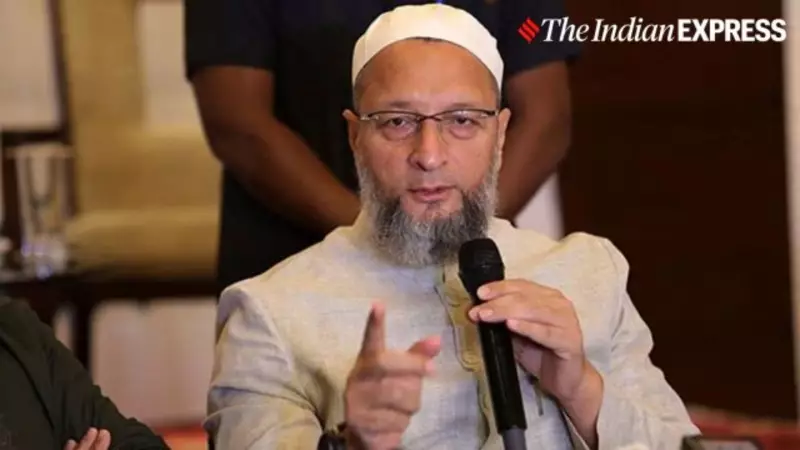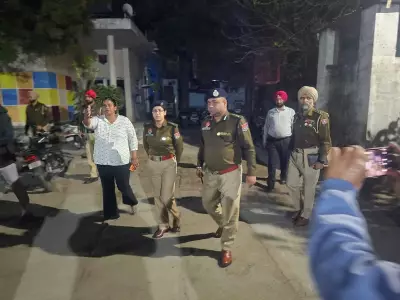
Owaisi's Fierce Condemnation of UP Government's Decision
AIMIM chief Asaduddin Owaisi launched a sharp attack on Uttar Pradesh Chief Minister Yogi Adityanath on Thursday, following the state government's controversial decision to withdraw the high-profile Mohammad Akhlaq lynching case. Owaisi accused the Bharatiya Janata Party-led administration of consistently siding with the guilty, despite its public stance on maintaining law and order.
The political firestorm erupted after the Yogi Adityanath government decided on November 15 to withdraw the case against all accused individuals. This development comes nearly a decade after the horrific incident that shook the nation and sparked nationwide debates on mob violence and cow vigilantism.
The 2015 Dadri Lynching: A Timeline of Events
The case traces back to September 28, 2015, when a 50-year-old man named Mohammad Akhlaq was brutally lynched by a mob in Bisada village, Dadri, Uttar Pradesh. The violence erupted following rumors that Akhlaq had allegedly slaughtered a cow and stored its meat at his home.
According to police reports, a mob gathered outside Akhlaq's residence after an announcement was made from the local temple about the alleged cow slaughter. When Akhlaq and his son attempted to intervene, they were forcibly dragged out of their house and subjected to a vicious assault that left both men unconscious.
Tragically, while Akhlaq's son survived despite sustaining severe head injuries, Akhlaq himself succumbed to his injuries at a hospital in Noida. The incident marked one of the most widely reported cases of mob lynching in recent Indian history.
Legal Proceedings and Current Status
Following the incident, police registered a First Information Report at the Jarcha police station under multiple sections of the Indian Penal Code, including 302 (murder), 307 (attempt to murder), and various rioting charges.
In 2015, the Gautam Buddha Nagar police filed a chargesheet against 15 individuals, identifying Vishal Rana, son of a local BJP leader, and his cousin Shivam as the main conspirators who allegedly led the mob to Akhlaq's house and orchestrated the assault.
A significant point of contention emerged when meat recovered from Akhlaq's house was sent for forensic examination. The Mathura laboratory report stated that the sample belonged to a "cow or its progeny," though Akhlaq's family consistently maintained that the evidence had been tampered with and the samples switched.
All 15 accused individuals facing trial in this case are currently out on bail, and no convictions have been secured in the nearly ten years since the incident occurred.
Regarding the withdrawal process, Bhag Singh Bhati, Additional District Government Counsel for Gautam Buddha Nagar, clarified that "We filed the withdrawal application, issued by the government in connection with Akhlaq Ahmed's case, before the competent court on October 15. The court has not yet passed any order on the application and has fixed December 12 for hearing the matter."
Political Reactions and Social Implications
Asaduddin Owaisi expressed strong condemnation of the government's decision through a post on social media platform X. He highlighted that the government justified its action as being in the interest of "social harmony," to which Owaisi countered that "harmony is impossible on the foundation of injustice."
In a roughly translated Hindi post, the AIMIM leader emphasized the lasting trauma experienced by Akhlaq's family, stating that "Akhlaq's family witnessed his lynching with their own eyes; they still haven't recovered from that trauma. In ten years, no one has been punished."
Owaisi also made a pointed remark about how the understanding of lynching has evolved in public consciousness, noting that "In 2015, Indians didn't even know what lynching meant. Today, lynching has become commonplace."
The decision to withdraw the case has reignited debates about justice, accountability, and the state's responsibility in dealing with cases of mob violence, particularly those involving communal dimensions.






